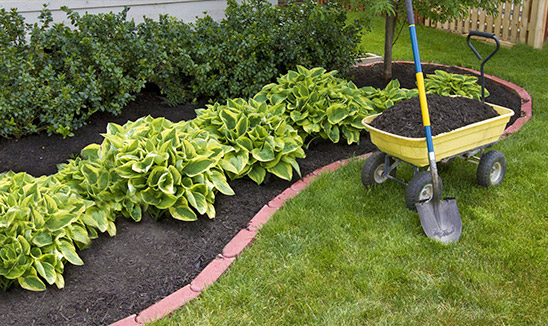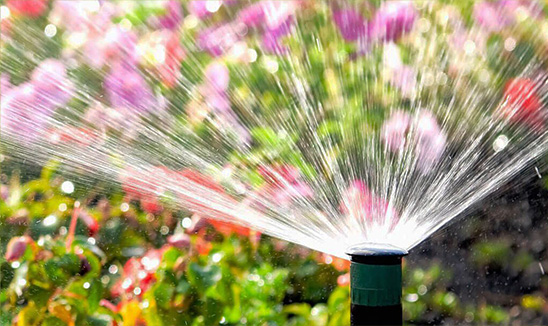If you’re looking to enhance the beauty of your yard or business, consider garden mulching. Not only does it provide an instant facelift, but it also offers a multitude of benefits. Today, there are a variety of colors and materials available to choose from, so it’s easy to find one that fits your taste and style.
One of the primary benefits of garden mulching is the reduction of weeds. When a layer of mulch is applied to the soil, it acts as a barrier that blocks sunlight and restricts weed growth. This means less time spent pulling weeds and more time enjoying your garden. Additionally, mulching helps to retain soil moisture, reducing the need for watering your plants and flowers.
When it comes to choosing a type of mulch, there are two main categories to consider: organic and inorganic materials. Organic mulches, such as wood chips, bark, or leaves, decompose over time and add nutrients to the soil. Inorganic mulches, such as synthetic rubber or plastic materials, require less maintenance and can last longer, but do not provide any nutrients to the soil.
Another popular option is the use of decorative or river rocks, which provide a permanent and aesthetically pleasing barrier. These rocks come in various sizes and colors and can be an excellent choice for landscaping projects.
In addition to garden mulching, you may also consider soil amendments. Unlike mulches, soil amendments are materials mixed into the existing soil. These materials can include compost, manure, or other organic matter. Soil amendments can improve soil structure, increase soil fertility, and promote healthy root growth.
In conclusion, garden mulching offers many benefits, including weed reduction, soil moisture retention, and added aesthetic appeal. Whether you choose organic or inorganic materials, mulching can be an easy and cost-effective way to improve the health and appearance of your garden. Consider consulting with a professional landscaper to determine the best type of mulch for your specific needs and preferences.




